Search
News
Our press office can provide journalists with content on Coventry University in a variety of formats, from video clips to press releases. Get in touch with us on press.mac@coventry.ac.uk or call 07392 096956, 07974 984078, 07392 097332 or 07392 096008. Alternatively X/tweet us @CoventryUniNews.
2347 news stories found
Use the filters below to refine your search...
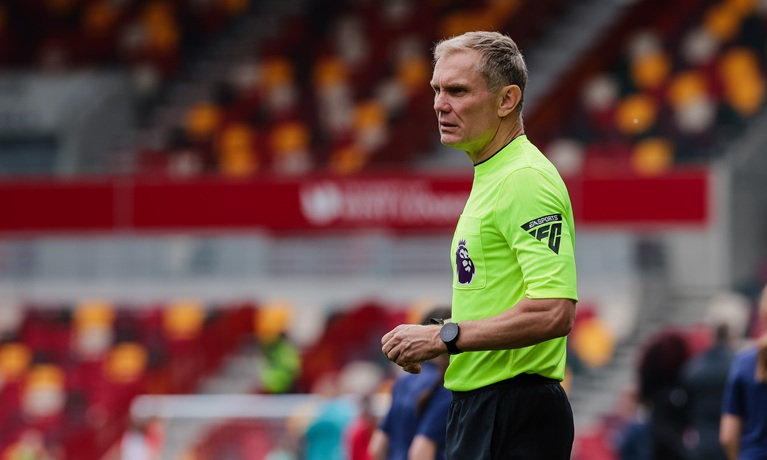
Nov
Former Premier League referee Graham Scott reveals...
A former Premier League referee says officials are missing out on important “building blocks” as he admits “poor officiating can ruin matches but the best can enhance...
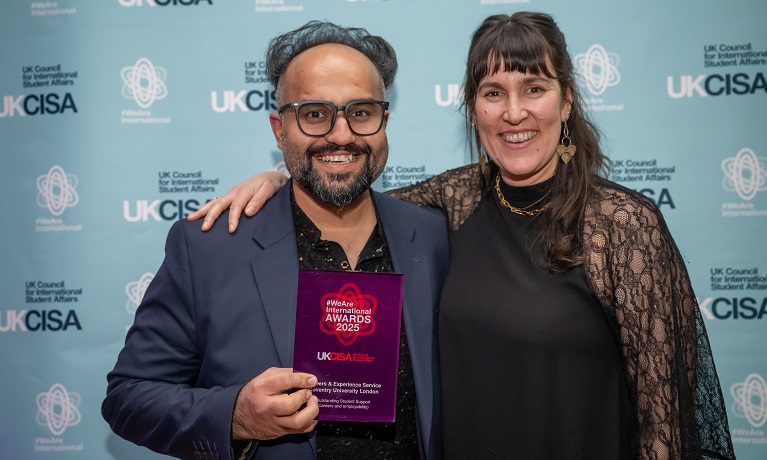
Nov
Careers team honoured for international student...
Coventry University London’s incredible effort to support international students into the workplace has been recognised with a prestigious industry award.

Nov
Coventry University evaluation confirms long-term...
A Coventry University evaluation of a bespoke initiative to transform NHS healthcare professionals’ knowledge and use of research has confirmed its benefits.

Nov
Battery technology of tomorrow moving ever closer...
Researchers at Coventry University have been recognised for their work in creating and inspiring the batteries of the future which will power electric vehicles and much...
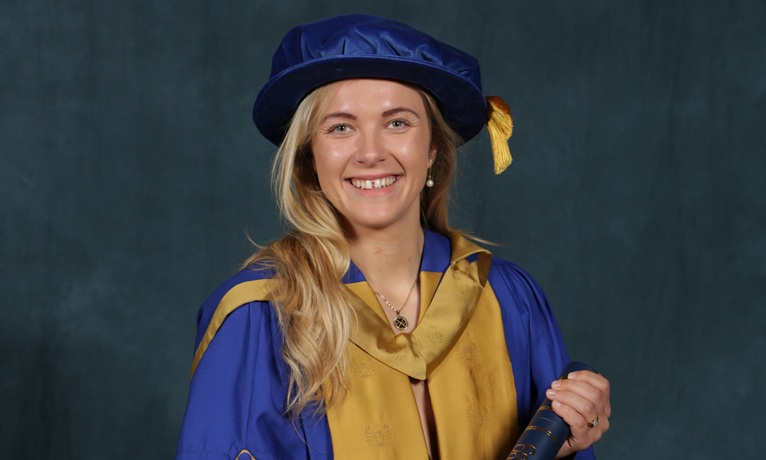
Nov
England Rugby captain Zoe Stratford awarded Honorary...
Coventry University has awarded an Honorary Doctorate of Science to England Rugby captain Zoe Stratford, more well known as Red Roses Rugby World Cup-winning captain Zoe...

Nov
Work begins on city centre Community Diagnostic...
Construction has begun on a new health hub in Coventry city centre, marking a major milestone that will see Coventry University become the first higher education...
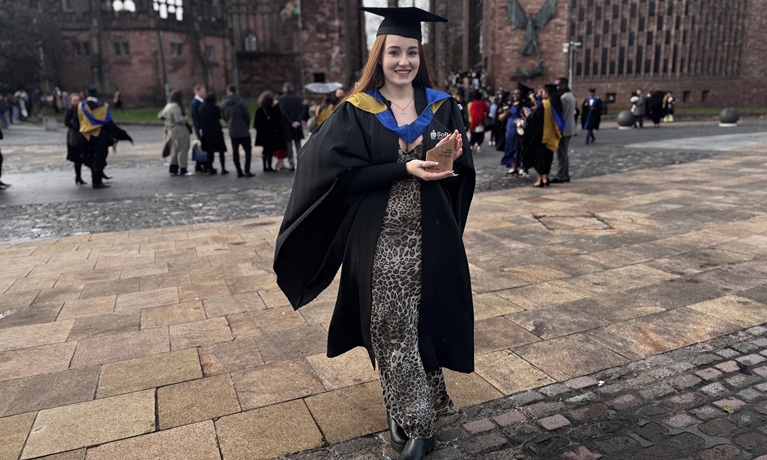
Nov
Award-winning radiography graduate turns personal...
An award-winning Coventry University graduate is using her personal experience with scoliosis to inspire and support others.
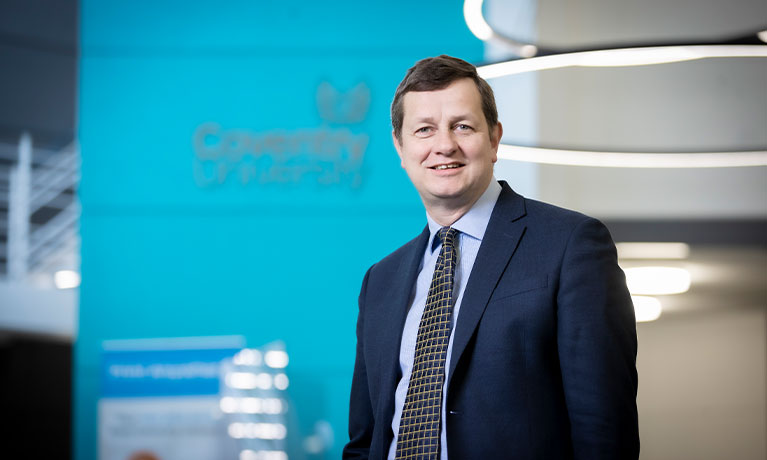
Nov
Opinion: Why international learning experiences...
Professor Richard Wells, Deputy Vice-Chancellor (International) at Coventry University Group explores the far-reaching impacts of international learning on students,...
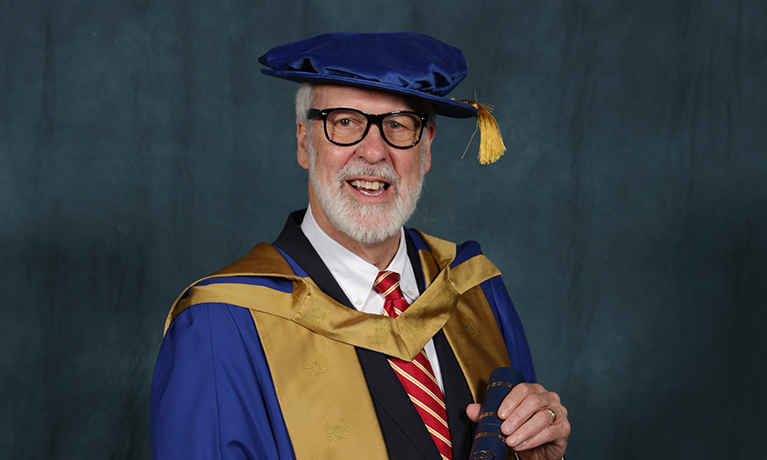
Nov
Visionary higher education leader Dr Paul LeBlanc...
Coventry University has awarded an Honorary Doctorate of Education to Dr Paul LeBlanc, recognising his outstanding contribution to transforming access to higher...
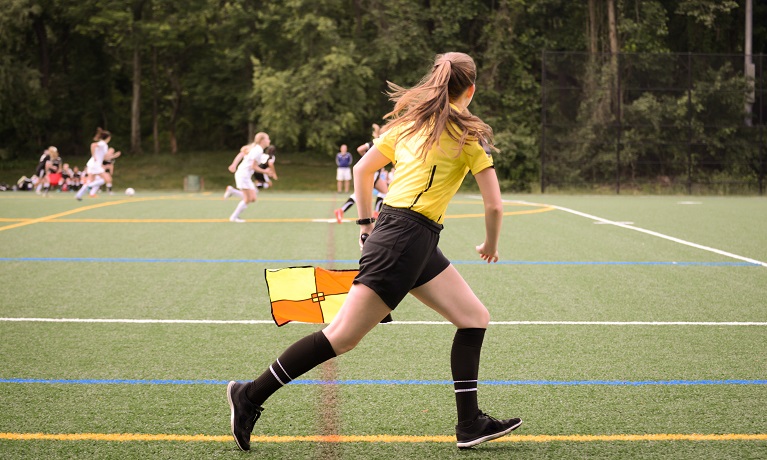
Nov
Coventry University to examine how sports can recruit...
It’s often referred to as the most difficult job in sport but a study involving Coventry University is to examine the benefits of officiating to help sports...

Nov
Preparing for an exam? Coventry University study...
A new study by researchers at Coventry University has found a high intensity gym workout appears to increase your ability to focus, remember and process information in...
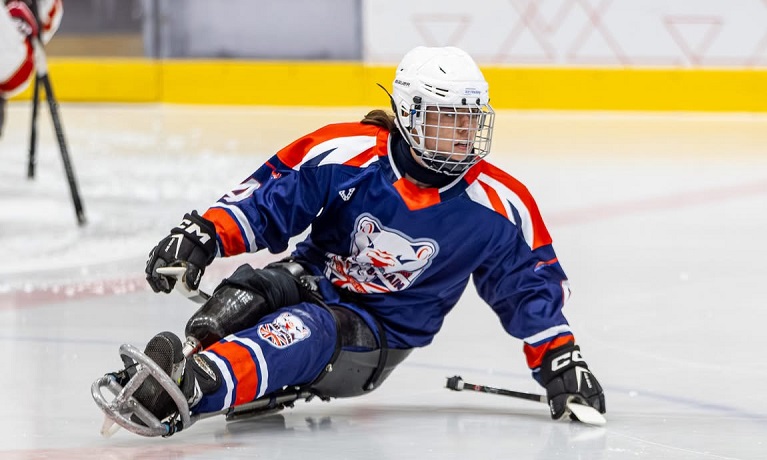
Nov
Coventry University student represents Team GB in...
A Coventry University student who had her leg amputated just three years ago has defied the odds to represent Team GB at the first-ever Women’s Para Ice Hockey World...




